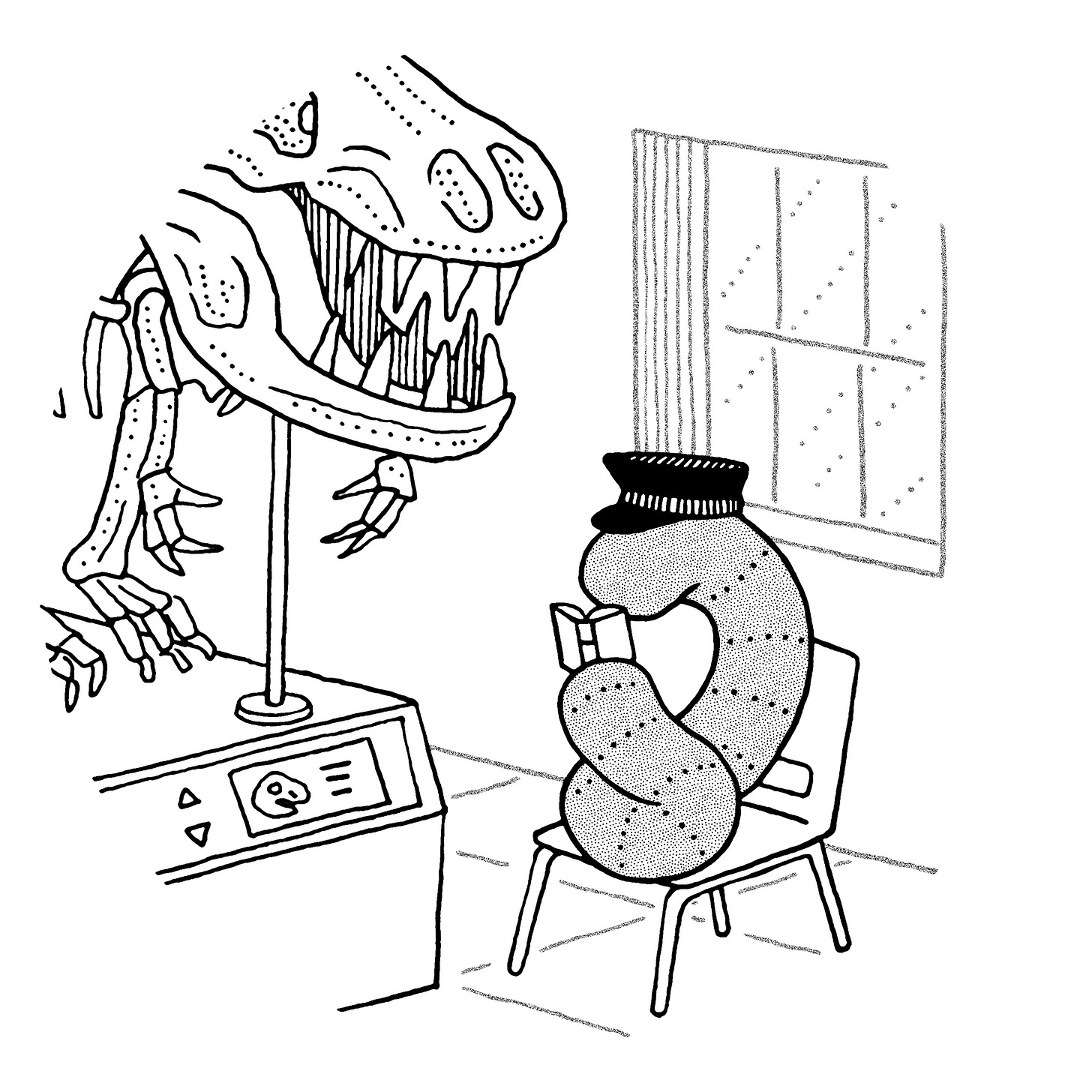Bookworm, no. 73
A review of three Christmas ghost stories. Andrea Sakiyama Kennedy on Anh Duong and Ashley Da-Lê Duong’s “Dear Da-Lê.” Poetry by Lea Harper. Inside the December issue.
Ghoul and Yule
The Amethyst Cross: A Ghost Story for Christmas
Mary Fitt
Biblioasis
88 pages, softcover
Captain Dalgety Returns: A Ghost Story for Christmas
Laurence Whistler
Biblioasis
64 pages, softcover
Podolo: A Ghost Story for Christmas
L.P. Hartley
Biblioasis
48 pages, softcover
Over the Canadian Thanksgiving weekend, the top movie at the box office was a low-…




